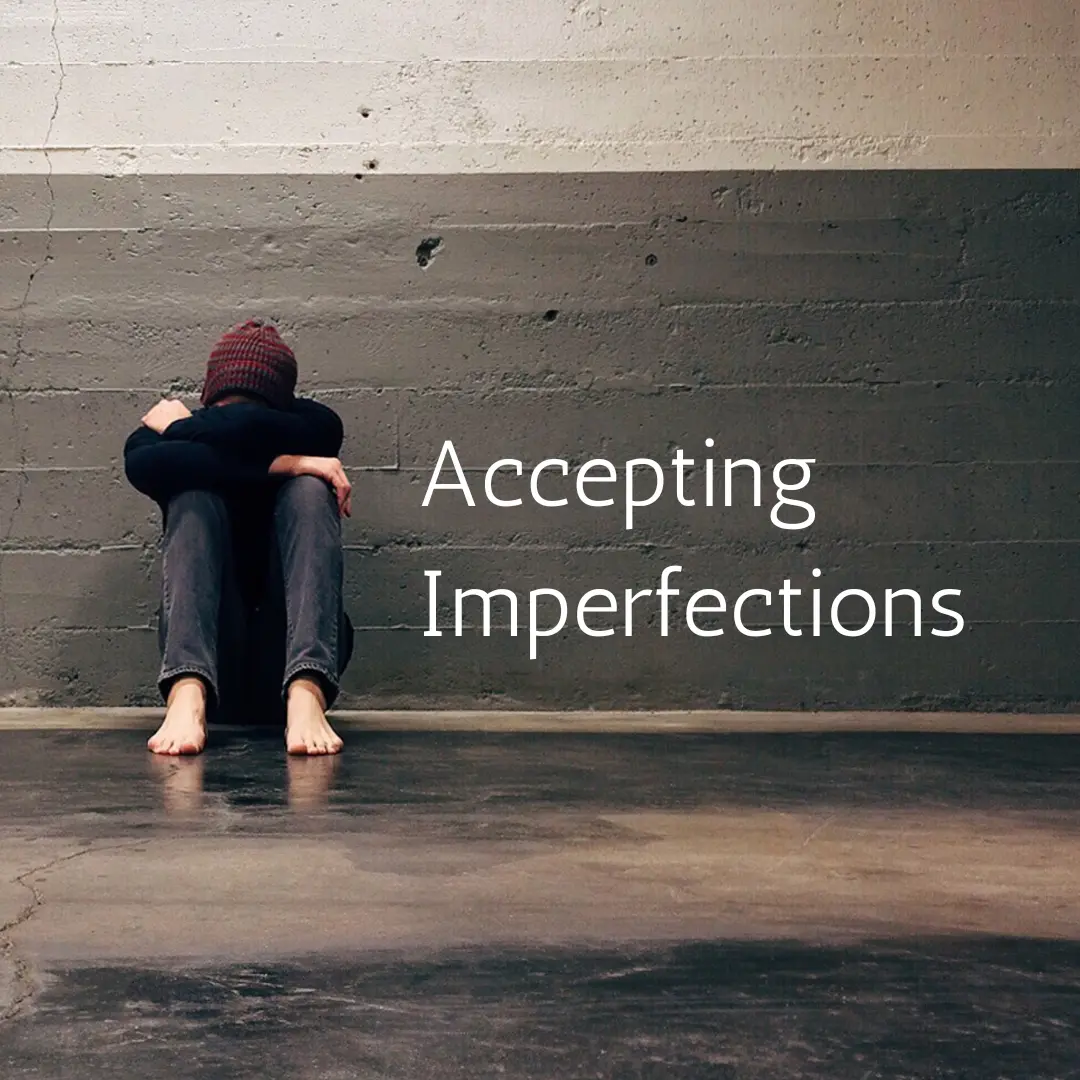Introduction:
In our fast-paced world, it’s easy to get caught up in the pursuit of what we don’t have. We often overlook the simple joys and blessings in our lives, chasing after bigger and better things. However, the wisdom encapsulated in the phrase, “Love what you have, before life teaches you to love” by Tymoff, serves as a poignant reminder to appreciate and cherish our current blessings. This piece delves into the essence of this saying, exploring its implications, the lessons it imparts, and how we can integrate this philosophy into our daily lives.
Section 1: Understanding the Wisdom of Tymoff
- The Essence of Appreciation:
- Tymoff’s quote urges us to recognize the value in what we already possess.
- It’s about shifting our focus from constant yearning to gratitude for the present.
- Life’s Inevitable Lessons:
- Life has a way of teaching us lessons through experiences and often through loss.
- Understanding and internalizing this can prevent regret and foster contentment.
Section 2: The Psychology of Gratitude
- The Science Behind Gratitude:
- Studies have shown that practicing gratitude can lead to improved mental health, including reduced stress and increased happiness.
- Gratitude shifts our mindset from scarcity to abundance.
- Cultivating a Grateful Mindset:
- Simple practices like journaling, mindfulness, and expressing thanks can foster a more grateful outlook.
- These practices help us focus on what we have rather than what we lack.
Section 3: Real-Life Applications and Stories
- Personal Reflections:
- Share anecdotes of individuals who learned to appreciate their blessings through life experiences.
- These stories highlight the transformative power of gratitude.
- Practical Tips for Everyday Gratitude:
- Incorporate gratitude exercises into daily routines.
- Examples include starting or ending the day with a gratitude list, or verbalizing appreciation to loved ones.
Section 4: The Role of Adversity in Teaching Appreciation
- Learning Through Loss:
- Sometimes, it’s only through losing something that we realize its true value.
- Reflect on how adversity can be a profound teacher in appreciation.
- Turning Challenges into Lessons:
- Embrace life’s challenges as opportunities to deepen our gratitude and understanding.
- Find the silver linings in difficult situations and learn from them.
Section 5: Long-Term Benefits of Loving What You Have
- Building Stronger Relationships:
- Appreciation and gratitude strengthen our bonds with others.
- Relationships flourish when individuals feel valued and cherished.
- Enhancing Life Satisfaction:
- A grateful mindset enhances overall life satisfaction and contentment.
- People who appreciate what they have are often more content and less driven by material pursuits.
Conclusion: Embracing the Wisdom of Tymoff
Tymoff’s advice to “love what you have, before life teaches you to love” is a timeless reminder to appreciate our current blessings. By cultivating gratitude and appreciating what we have, we not only enhance our mental and emotional well-being but also build stronger relationships and find greater satisfaction in life. Let’s take this wisdom to heart and strive to cherish the present, acknowledging that what we have today is truly valuable. In doing so, we not only honor the present but also prepare ourselves to face life’s inevitable challenges with grace and resilience.



